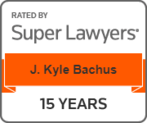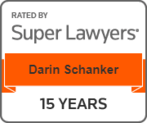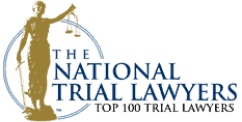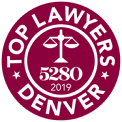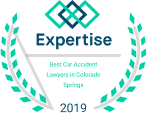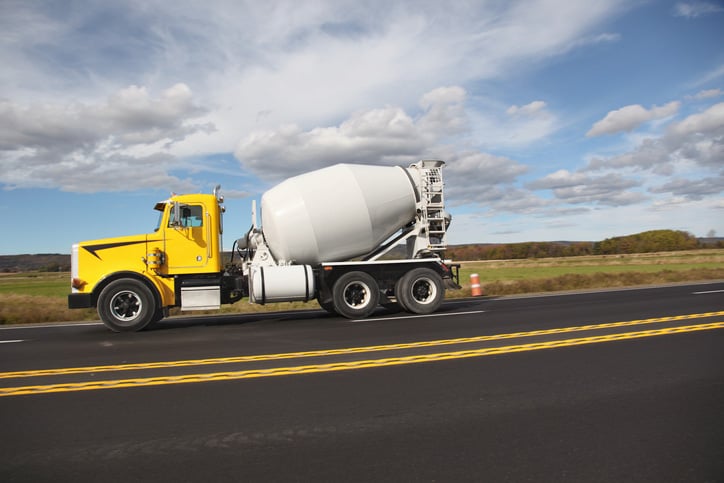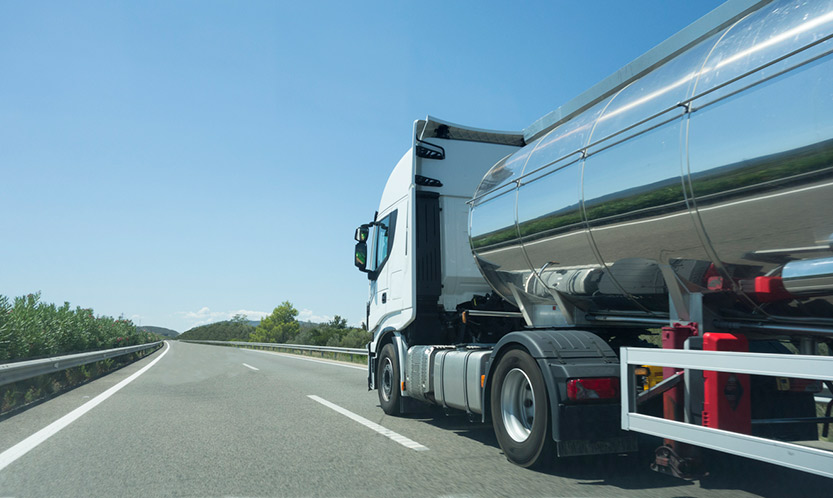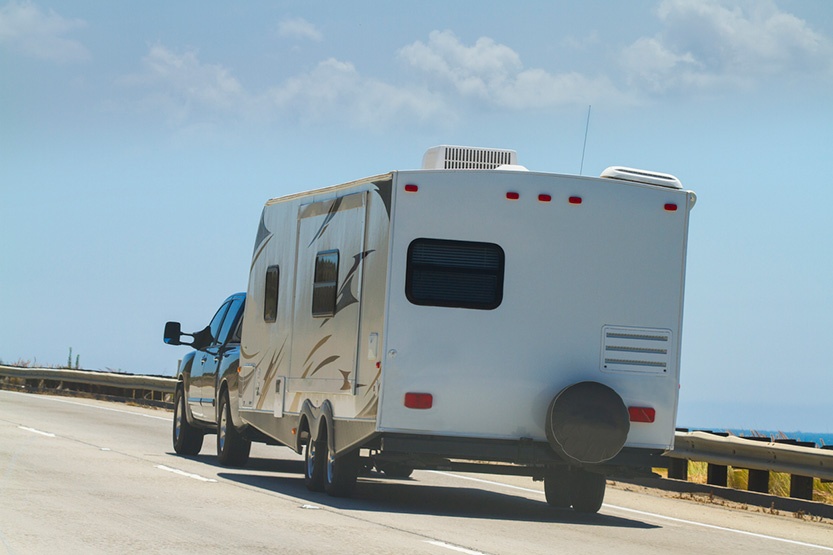What To Do After A Truck Accident
Truck accidents are motor vehicle accidents (MVAs) involving large commercial vehicles, such as box trucks and tractor-trailers. Truck accidents differ from car accidents and often result in more severe injuries because of the size of the vehicles involved. While light passenger trucks and full-size pickups weigh less than 6,000 or 10,000 pounds, box trucks may weigh up to 16,000 pounds, and tractor-trailers can weigh 33,000 pounds or more.
There are half a million truck accidents in the U.S. each year. Common truck accident causes include driver errors, fatigue, and mechanical issues.
Whether you’re at fault or not, knowing what you should do after a truck accident will help you avoid mistakes and ensure you avoid unnecessary legal complications after an accident.
Bachus & Schanker Wins – Over $1 Billion Recovered
- What to do after a truck accident
- What not to do after a truck accident
- How long do you have to file a claim?
- How long does it take to settle a truck accident claim?
- Hire Colorado's best truck accident attorney
- Visit Our Auto Accident Law Offices Across Colorado & Beyond
- Related Truck Accidents Resources
- You Deserve Fair Compensation
What to do after a truck accident
There are several steps you should take after any MVA. Taking these steps ensures you comply with your state’s traffic laws.
Report the accident
Call 911 and notify the authorities about the accident. You must report any MVA that caused property damage or injuries. In most cases, you should remain at the scene until the police arrive. However, there are some situations where you may use the online reporting form instead. Suppose you were driving during a snowstorm when you were in an accident involving minor damage and no injuries. The police may be busy responding to more severe accidents. When you call 911, you may be given the option of reporting the accident online.
Check for injuries
You should check yourself and others for injuries. Assist injured passengers and drivers if it is safe to do so. Suppose one of the vehicles involved in the crash hits a utility pole, and there are live wires near the vehicle. In that case, it may not be safe to approach the vehicle to render aid. You should alert authorities of the situation so they can send the appropriate emergency teams to the scene.
If you can safely check on all the people involved in the accident, you can inform 911 about their status to ensure they dispatch paramedics to the scene to provide appropriate medical care.
Get medical attention
Have a medical professional examine you after your accident. You may not think you suffered any injuries, but you may not be aware of your condition because you’re in shock. It’s also possible you haven’t developed symptoms yet. A comprehensive medical examination can rule out internal organ damage, soft tissue damage, and other injuries.
Exchange information
Provide other drivers with your name, contact information, and insurance information. Gather this information from other drivers. Since Colorado is an at-fault state, the at-fault driver’s insurance company is responsible for paying claims.
If a driver refuses to provide this information, let the police know this when they arrive. You should also record their vehicle’s license plate number.
Gather evidence
Although you may prefer to let the police and insurance companies handle the investigation, gathering evidence at the accident scene is a good idea. You can take videos and photos that establish the location of each vehicle after the accident. Your photos can also identify witnesses, passengers, and drivers. Your images can also establish relevant details, such as road conditions at the time of the wreck.
It’s also helpful to write things down. Make notes about security cameras in the area or factors that may have contributed to the crash. Write down the name of the company that owns the truck involved in your accident and everything you remember that happened before the accident occurred.
Make sure you add the names of witnesses and their contact details to your notes so you can contact them later.
Contact your insurance company
Your insurance company may not be responsible for paying claims if you weren’t responsible for the accident. Your insurance company is your ally when you aren’t at fault and can help you receive compensation from the at-fault driver’s insurance company.
Talk to a truck accident attorney
You can receive a free consultation from your truck accident attorney while you’re at the accident scene. Your attorney can provide expert legal advice before you talk to the police.
What not to do after a truck accident
There are specific things you should not do after a truck accident. Avoiding these mistakes helps protect your legal rights.
Leave the scene
Any driver who leaves the accident scene can be charged with a misdemeanor or felony. You can avoid charges by complying with state regulations to stay at the accident scene until the police tell you that you can leave.
Post on social media
Avoid making public statements about the accident. Posts on social media can be used as evidence in court.
Accept responsibility
You may feel pressure from other drivers who want you to agree to accident details or accept responsibility after the accident. You aren’t obligated to make any statements or discuss the accident with other drivers. It’s in your best interests to avoid making statements because an investigation could reveal factors you aren’t unaware of, which could determine who’s responsible.
How long do you have to file a claim?
The statute of limitations is the amount of time the law gives you to initiate legal action. You must file a claim before the statute expires or forfeit your right to seek damages. Colorado gives truck accident victims 36 months to initiate a lawsuit.
How long does it take to settle a truck accident claim?
The amount of time needed to resolve a claim varies. You may receive a reasonable settlement offer and resolve your claim within months. However, cases that go to trial can take years. Consult your truck accident attorney to determine the amount of damages you should receive. Calculating the costs of your accident can help ensure you agree to a fair offer.
Hire Colorado’s best truck accident attorney

Bachus & Schanker’s legal team understands accidents are stressful and disruptive. That’s why we have a Victim Advocate’s Team that works on accident cases. These advocates help investigate and gather evidence to support your claim. They can also help determine if more than one party is liable for the accident.
Our advocates also support you as you go through the legal process. They can help you locate financial resources while you wait to resolve your claim and explain what to expect from each stage of the legal process.
Sources:
Report an Accident. (2023). Tarradell, M. (2020).
A Guide to Truck Weight, Classification, and Uses.
Visit Our Auto Accident Law Offices Across Colorado & Beyond
Serving Clients Nationwide
Related Truck Accidents Resources
You Deserve Fair Compensation
Don’t let the insurance companies intimidate you into accepting less than you deserve. We’re ready to fight for you.

Written and Legally Reviewed By: Kyle Bachus
4.6 ★★★★★ 1,461 Google Reviews
Kyle is a member of the Colorado Bar associations and has served on the Board of Directors of the Colorado Trial Lawyers Association for more than twenty years in total. Over the years, Kyle has achieved justice for many clients. He has served on numerous committees and repeatedly won recognition from his peers at both the state and national level. He is proud of the role he has played in the passage of state and national legislation to protect consumers and is a frequent speaker and guest lecturer.
